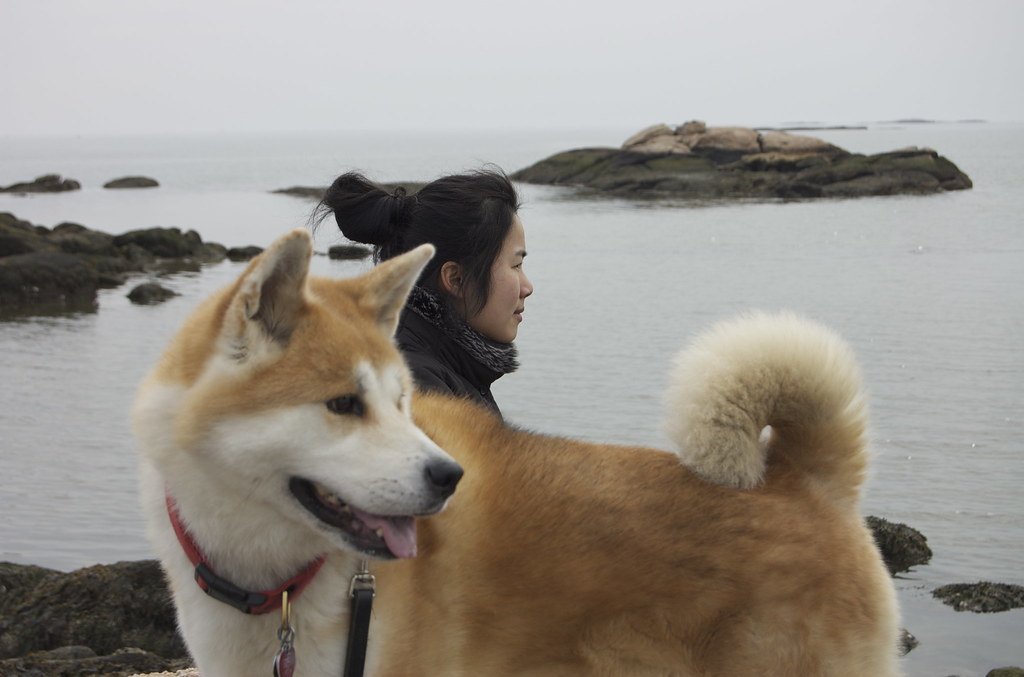Some dogs are natural-born protectors, and while that loyalty is admirable, it can be a bit much for the average family. Breeds like the Belgian Malinois, Doberman Pinscher, and Rottweiler are incredibly devoted—but they often need experienced handling and proper training to manage their intense guarding instincts. Without the right environment, these dogs can become overly suspicious of strangers or even guests. Their strong drive to protect can lead to challenges in busy households with kids or lots of visitors. These pups thrive best with consistent structure, socialization, and confident owners. If you’re not ready for a full-time security guard on four legs, these breeds might be too much to handle.
Belgian Malinois: The Four-Legged Security System
The Belgian Malinois is like a living, breathing alarm system—always on alert and ready to spring into action. This breed is often chosen by police and military units for its intelligence and intense protective instincts. If you walk past a home with a Malinois in the yard, you might feel their eyes tracking your every move. It’s not paranoia—they really are that watchful.
For families, this means a dog that’s always ready to defend, but it also means a dog that needs constant mental and physical stimulation. Without enough to do, Malinois can become anxious or even destructive. They’ll often try to “herd” kids or guests, and their suspicion of strangers can be overwhelming for a busy, social household. Training and experience are must-haves for anyone thinking of bringing one home.
Cane Corso: The Muscular Protector
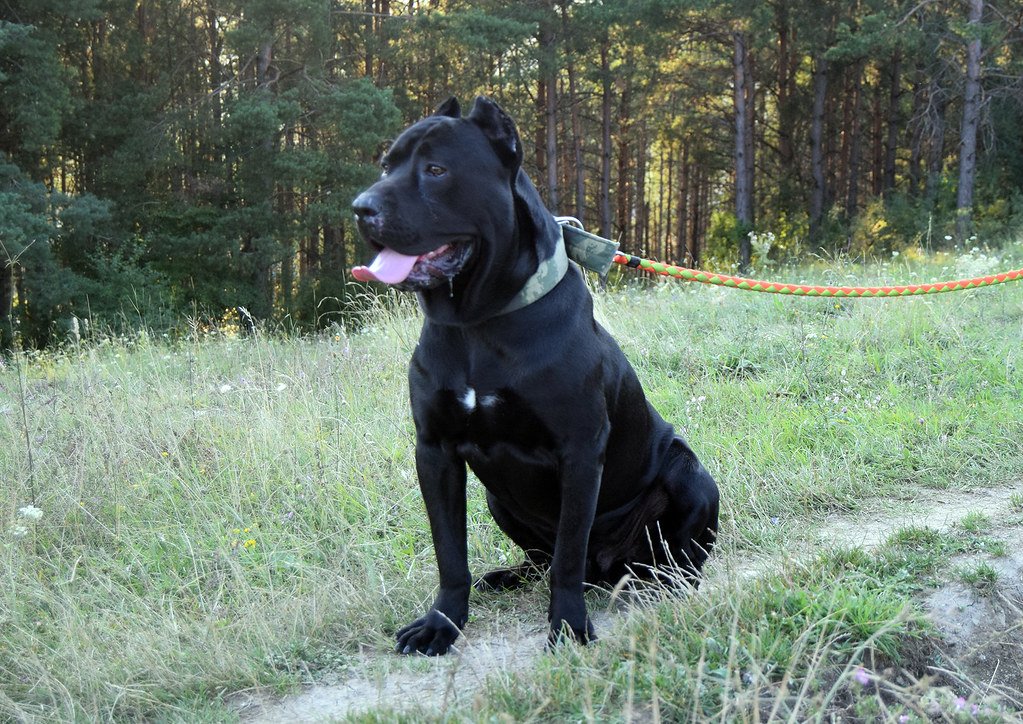
The Cane Corso is an Italian mastiff that’s as powerful as it is loyal. These dogs are massive, muscular, and born with a serious sense of duty. When you see a Cane Corso, you can’t help but feel a mix of awe and respect—like bumping into a bouncer at the world’s toughest club.
Corsos are deeply bonded to their families and will do anything to protect them. Unfortunately, their size and strength mean they can be intimidating or even dangerous if not properly trained. They don’t always welcome new people into their territory, and guests might find them a bit overwhelming. A Cane Corso needs an owner who’s confident, experienced, and dedicated to regular training.
Doberman Pinscher: The Sleek Guardian
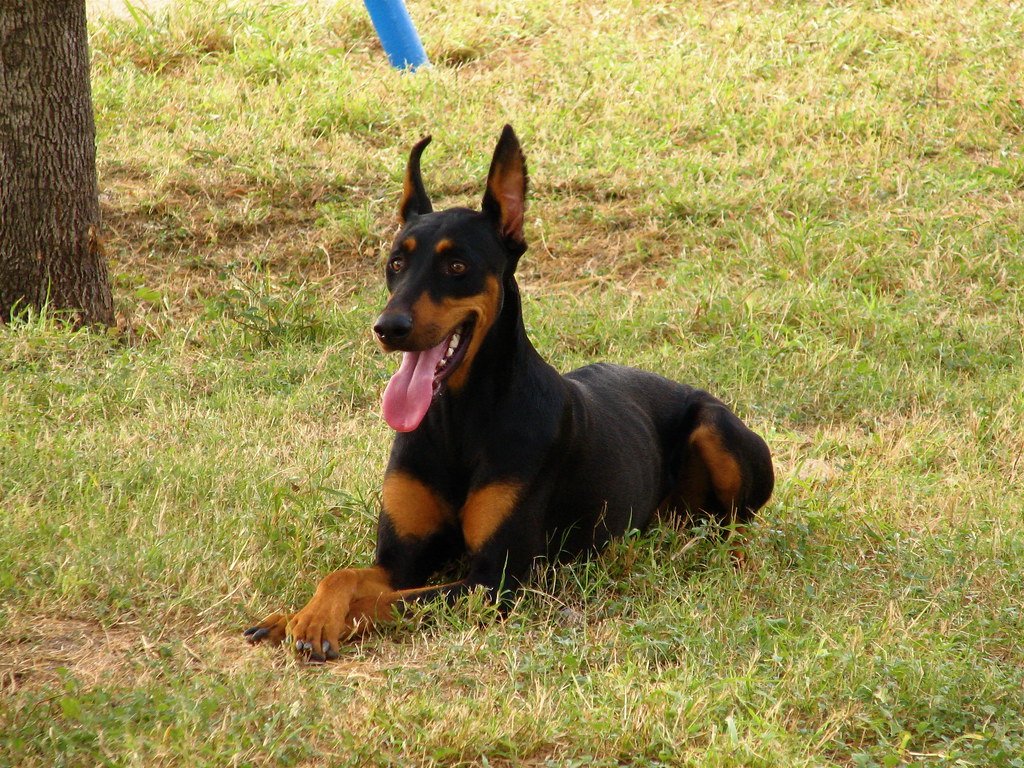
There’s something almost regal about Dobermans, with their sleek bodies and intense expressions. But underneath that beauty is a dog with a razor-sharp sense of loyalty and a fierce need to guard its people. Dobermans have been used as guard dogs for decades, and their reputation is well earned.
For the average family, a Doberman can be a handful. They’re quick to pick up on any perceived threat and aren’t afraid to act. Socialization is key, but even then, Dobermans might not be the best fit for homes that have frequent visitors or lots of children running around. Their energy and intelligence need an outlet, or they’ll find their own—sometimes in ways you might not like.
Rottweiler: The Gentle Giant with a Fierce Side
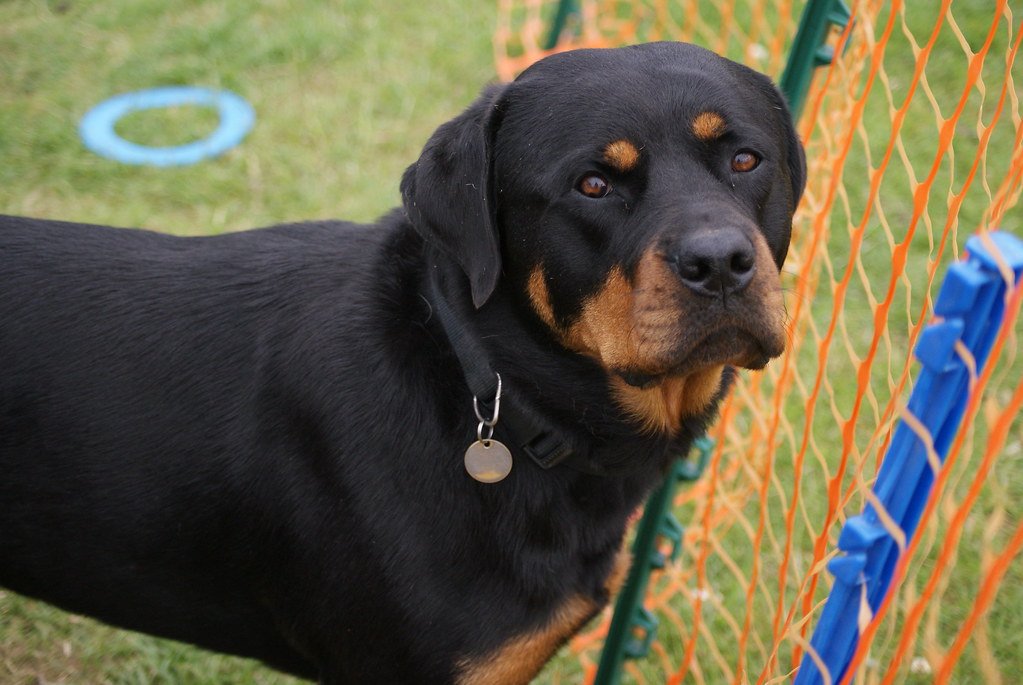
Rottweilers are often misunderstood. Yes, they can be loving and goofy with their families, but their protective instincts run deep. A Rottweiler will stand its ground no matter what, and that courage is both admirable and a little frightening at times.
If you’re thinking of a Rottweiler, know that they need strong leadership. Without clear guidance, their natural protective instincts can turn into overprotectiveness. That can mean barking, lunging, or even nipping at people they think don’t belong. They’re not the dog for every home, especially if you want a laid-back pet that loves everyone who knocks on your door.
Anatolian Shepherd: The Lone Wolf Defender
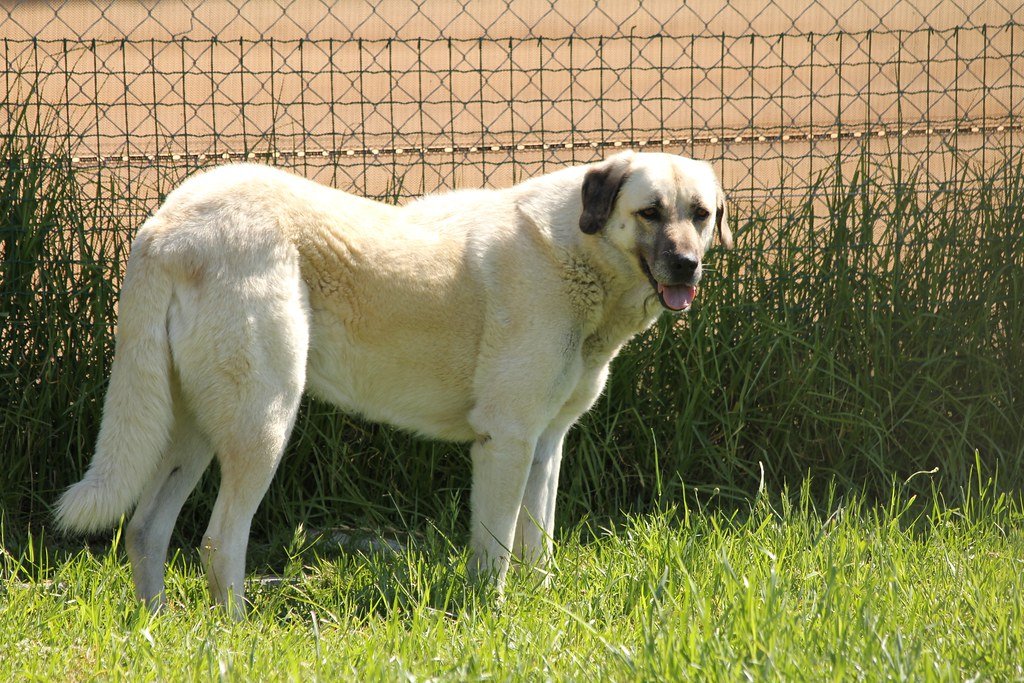
Anatolian Shepherds were bred to protect livestock in some of the harshest environments on earth. They’re independent, stubborn, and fiercely loyal to their flock—whether that’s sheep or your family. These dogs don’t need much direction to do their job; they just know how to guard.
This independence can be a challenge for families. Anatolians might not listen to commands the way other breeds do, and they can be aloof with strangers. Their size and strength make them a handful for anyone who isn’t used to large, working dogs. If you’re looking for a pet who’ll greet every guest with a wagging tail, this isn’t the breed for you.
German Shepherd: The Classic Protector
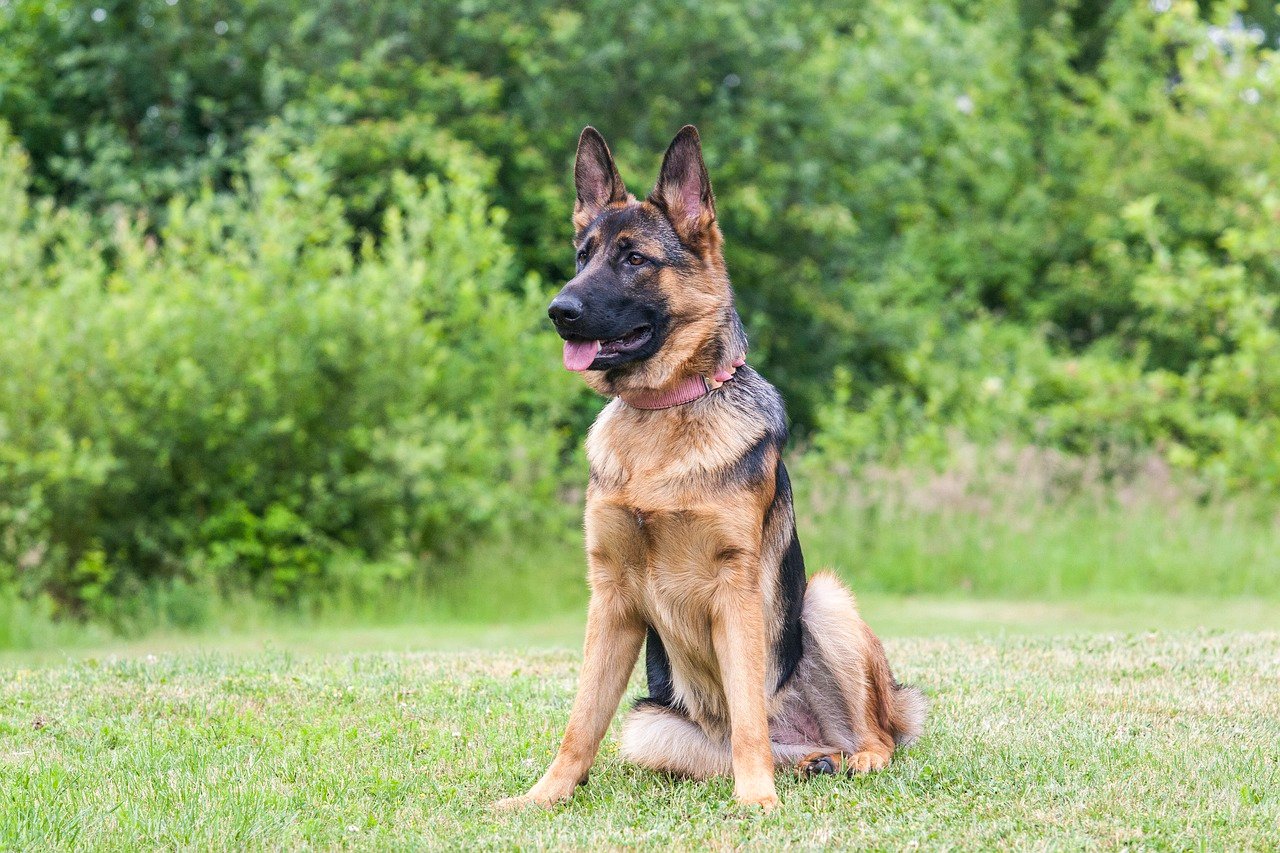
The German Shepherd is probably one of the first breeds that comes to mind when you think “guard dog.” They’re famous for their work with police, military, and as service animals. Their intelligence and loyalty are second to none, but their protective drive can be overwhelming in the wrong home.
Shepherds need a job to do, and if they don’t have one, they’ll invent their own—often by “protecting” you from visitors, delivery drivers, or even your friends. They’re great with the family, but can be territorial and wary of new people. Early training and socialization are non-negotiable if you want a balanced, happy German Shepherd.
Akita: The Silent Watcher
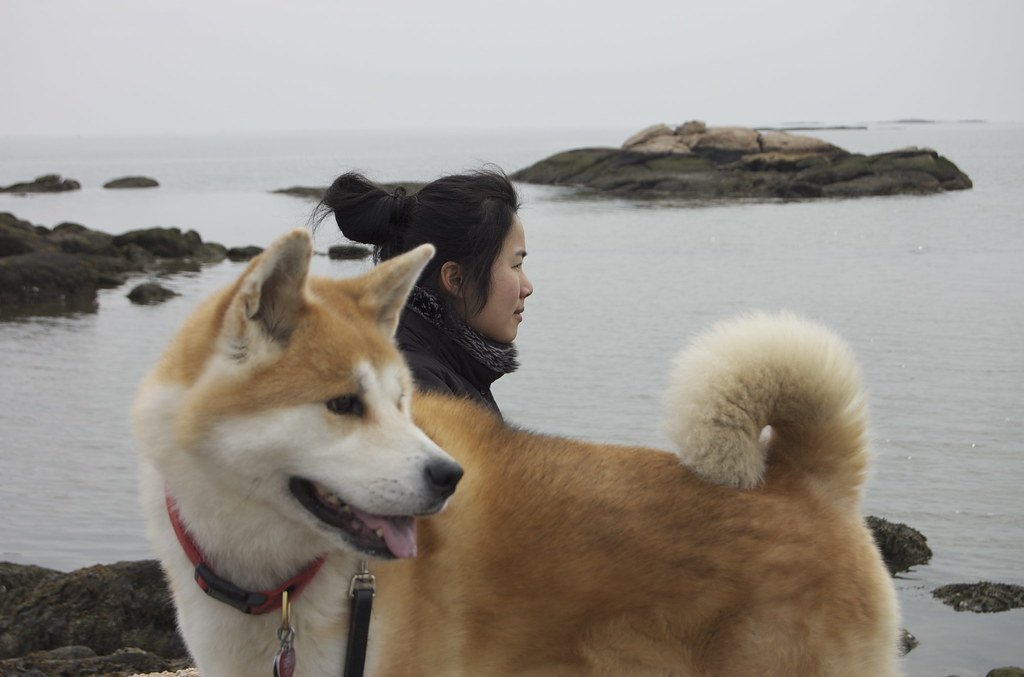
Akitas are known for their stoic, almost cat-like personalities. They don’t bark much, but don’t let that fool you—they’re always watching. These dogs are intensely loyal to their families, and that loyalty can translate into extreme protectiveness.
Living with an Akita means accepting a dog that may not be friendly with strangers or other pets. They’re not the best choice for families who entertain a lot or want a dog that’s always up for a game with new friends. Akitas need boundaries and respect, and an owner who understands their independent streak.
Fila Brasileiro: The Uncompromising Guardian
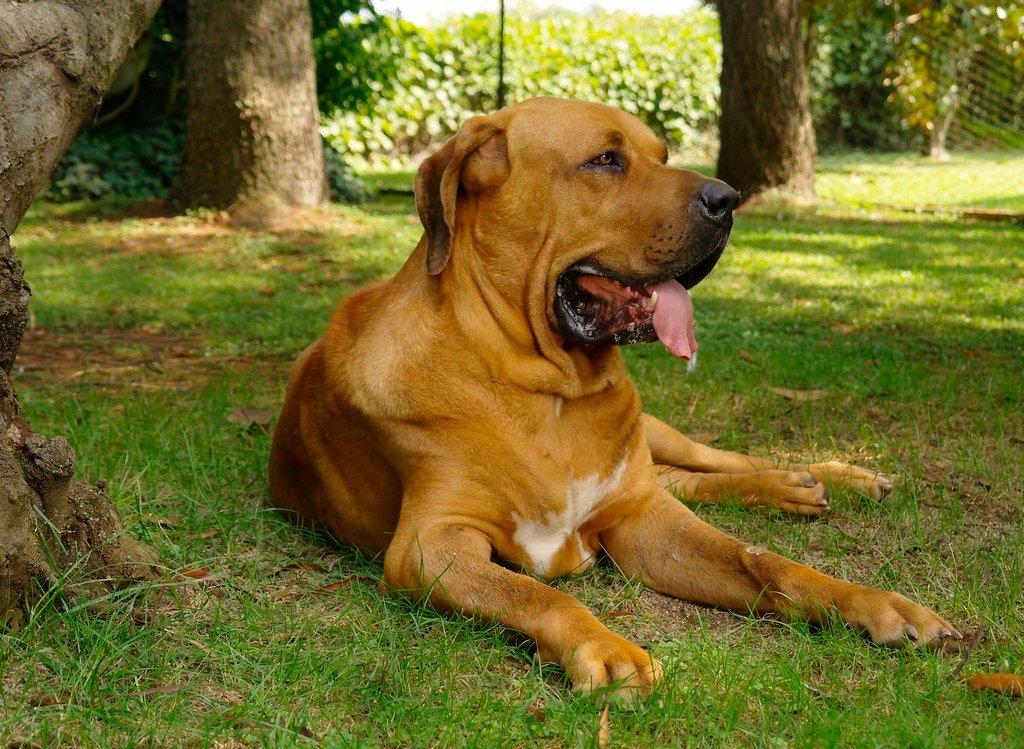
The Fila Brasileiro, or Brazilian Mastiff, is famous for its unwavering loyalty and suspicion of outsiders. In Brazil, there’s a saying: “Faithful as a Fila.” These dogs bond deeply with their families, but their protective instincts are so strong that they can be downright unapproachable to strangers.
Fila Brasileiros require experienced owners who can handle their size, strength, and sometimes stubborn personalities. They’re not a breed for apartments or busy neighborhoods, and they need plenty of room to roam and a firm, loving hand to guide them. For most families, the Fila’s level of protectiveness is simply too much.
While protective dogs can be amazing companions, they’re not always the best fit for every home. If your lifestyle is more laid-back or filled with guests, a highly territorial pup might bring more stress than comfort. It’s all about finding the right match for your family’s needs and energy. The right dog should make life easier, not more intense!

Andrew Alpin from India is the Brand Manager of Doggo digest. Andrew is an experienced content specialist and social media manager with a passion for writing. His forte includes health and wellness, Travel, Animals, and Nature. A nature nomad, Andrew is obsessed with mountains and loves high-altitude trekking. He has been on several Himalayan treks in India including the Everest Base Camp in Nepal.

